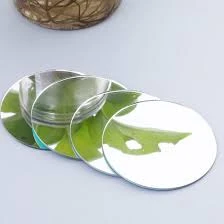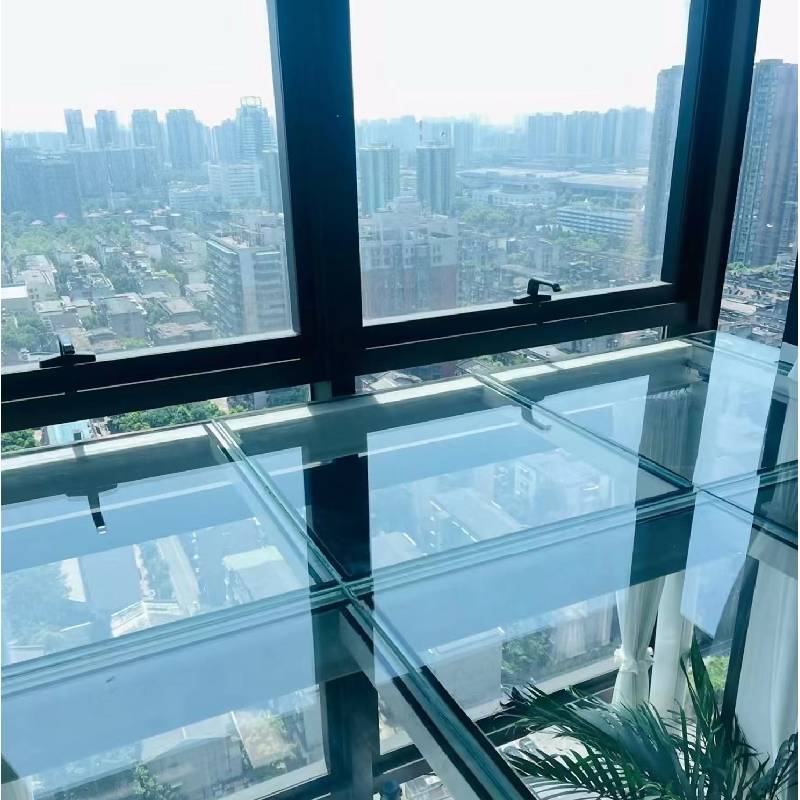Navigating the world of glass materials can be daunting, but when it comes to selecting the right float glass for your project, you'll find it offers unparalleled quality, versatility, and performance. Known for its flawless surface and consistent thickness, float glass is a staple in a myriad of applications, ranging from architecture and automotive to interior design and beyond.

Successfully investing in float glass begins with understanding its unique production process. Float glass is crafted by pouring molten glass onto a bed of molten tin, where it spreads out and cools into a uniform sheet. This method, pioneered in the 1950s, ensures minimal distortions and an immaculate surface, making it the most widely used glass product globally.
One of the remarkable benefits of float glass lies in its adaptability. Designers and architects value float glass for its clear and crisp appearance, which can be easily customized through cutting, laminating, tempering, or coating to meet specific aesthetic and functional requirements. Whether you need tinted, patterned, or reflective glass, the options are practically limitless with float glass as your starting point.

Beyond aesthetics, float glass stands out for its strength and durability. When tempered, it becomes up to four times stronger than untreated glass, making it an excellent choice for safety applications. Architects often leverage tempered float glass in construction projects to increase resilience while maintaining transparency and style. This strength also translates to thermal stability and resistance to environmental factors, key features for both indoor and outdoor applications.
buy float glass
Yet, expertise in product choice extends beyond understanding production and functionality. A successful float glass investment requires collaboration with trusted manufacturers and suppliers who demonstrate a track record of excellence. Prioritize those with certifications and a history of robust quality assessments, ensuring that the material you receive meets the highest industry standards. Building relationships with authoritative suppliers not only assures quality but also fosters trust, vital in industries reliant on precise and transparent transactions.
Moreover,
sustainability cannot be overlooked when purchasing float glass. The manufacturing sector has seen advancement in eco-friendly production processes, reducing the environmental footprint of glass products. Choose suppliers who are committed to sustainability, incorporating recycled materials into their production lines and optimizing energy efficiency during manufacturing. This consideration not only enhances your project's green credentials but also aligns with increasingly environmentally conscious end-users.
True mastery of float glass involves an understanding of its full life cycle—from raw material selection, processing, and finishing to installation and maintenance. Staying informed through continuous learning and professional networking will help you leverage the latest innovations and applications in float glass technology.
When you're poised to buy float glass, approaching the purchase with a balance of technical knowledge, aesthetic consideration, and trust in experienced partners will ensure your project’s success. By applying rigorous standards to your product selection and fostering strong industry relationships, you create a foundation for an enduring and high-quality outcome that will stand the test of time.



